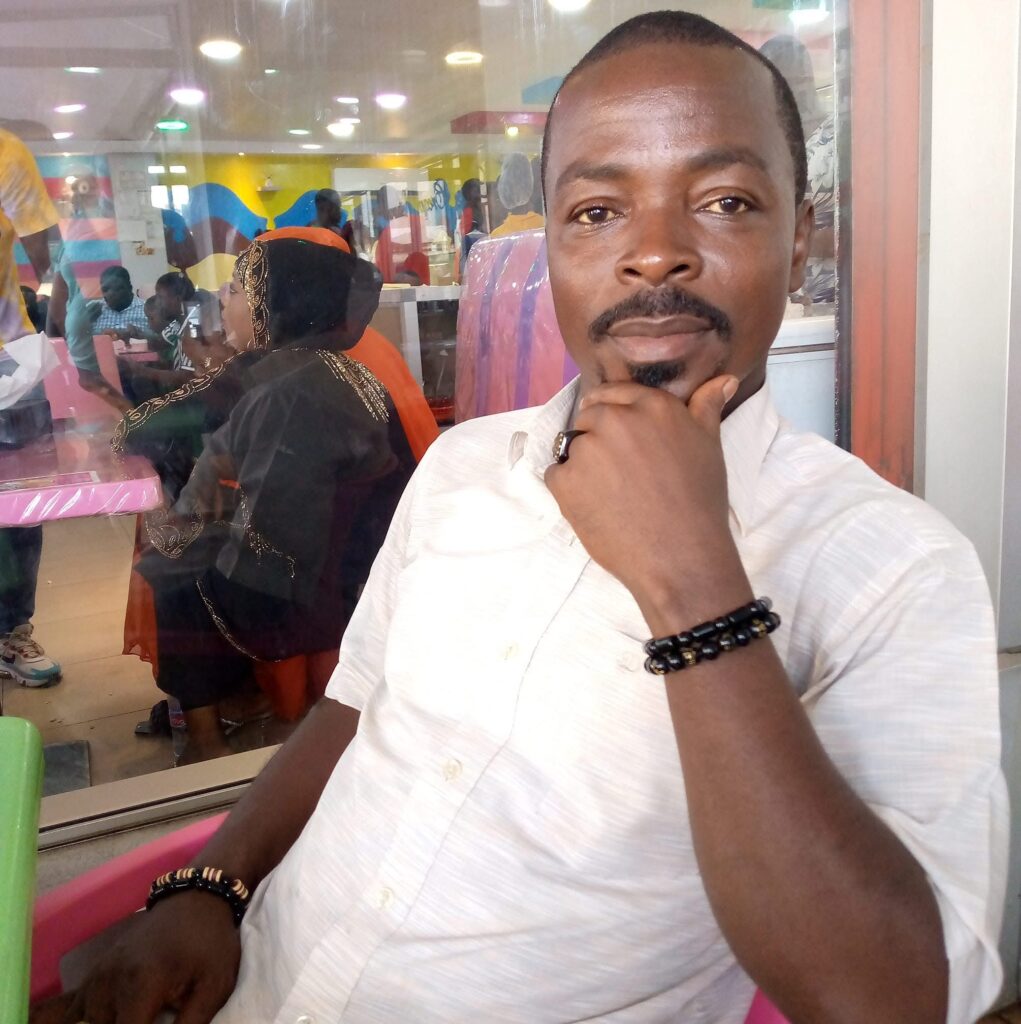
By: Jerome Carngbe
Many Liberians attribute the widely perceived weakness and apparent compromised posture of professional public functionaries, including integrity institutions, to the seemingly overriding influence of the Executive Branch (Presidency) as the enforcer of our laws and spender of our financial resources.
While this argument may be valid in some respects and cannot be entirely dismissed, I think the problem is not necessarily about the structural state of governance or concentration of powers and authority.
I believe we, Liberians, in our majority, do not have spines. It’s a problem of moral and principle deficit. Most of the people who either create or facilitate these hurdles that retard the independent progress and effective functioning of these institutions are duly protected by laws, requisite statutes, and the enabling immunities and amenities. The problem is, people are greedy and lack courage.
Over the years, we, as a country and people, with the help of our international friends, have made significant progress in creating institutional checkpoints by establishing integrity bodies that are shielded by protective laws and paid appropriate salaries and benefits to further strengthen their independence. We have also reformed and strengthened previously existing institutions critical to our democratic governance, but some of the human beings who occupy these sacred places are the problem. Little or no spine, no courage!
Like in other countries with similar governance structures, in Liberia, the President appoints some of these key actors, yes, but cannot remove them from office—or cannot easily remove them, like in the case of Elections Commissioners, LACC Commissioners, GAC Commissioners, PPCC Commissioners, INCHR Commissioners, Judges, Justices of the Supreme Court, etc. Even the ones the President can easily fire or remove from office still have public trust-driven responsibilities to carry out. They are left with the choice of doing just anything to please the appointing authority for fear of losing their positions or performing their duties to maintain public trust and leave legacies.
What about lawmakers who are elected and cannot be removed by the President? Why is it that almost everybody is bootlicking? In this category (Legislature), it is not for fear of being dismissed, withholding, or withdrawal of financial benefits. No, not at all. In fact, it is the Legislature that approves the National Budget and other resources, pays the President, and holds him or her accountable for how he or she spends the country’s resources. They have oversight power to scrutinize Executive functionaries. The Executive does not have that authority—to oversee or supervise the workings of the Legislature.
Police and Justice Ministry authorities are appointed by the President, yes, but they have professional and ethical duties and responsibilities to carry out, just like in other domiciles (countries) where people who find themselves in similar appointed positions stand their professional grounds and insist on doing the right thing, even if it would cost them the job. So, the point, in my opinion, is that in Liberia, we protect the job and the benefits that come along with it more than the duties and responsibilities associated with the job.
We all can remember how medical doctors and health administrators were sending out SOS calls for institutional and individual interventions to help fight COVID-19, but yet, they returned a cash donation of US$7,500 to Montserrado County Senator Abraham Darius Dillon on the groundless excuse that they didn’t know the source of the money. They (health officials) were, however, receiving cash and material donations from ruling party (CDC) lawmakers without investigating the sources of their money. When health officials reject emergency money intended to save lives amid a global killer illness simply because the giver of the money is an opposition figure and a staunch critic of the powers that be, what else do we want to see to know that Liberia suffers from the drought of courageous and principle-minded men and women?
Tiawan Gongloe resigned from Ellen Johnson Sirleaf’s cabinet on principle and policy differences, and he has not died from hunger. He’s still putting gas in his car. Negbalee Warner resigned from the Central Bank of Liberia because his office was disrespected. Today, Cllr. Warner is still alive, paying his children’s school fees, and still having daily bread. Under Charles Taylor, of all people, the Gloria Musu Scott bench of the Supreme Court jailed two deputy ministers from the then Ministry of National Security for one solid year for obstructing justice and brutalizing a magistrate.
The same Gloria Musu Scott bench of the Supreme Court ordered the arrest of the late Lieutenant General Momoh Jibah, Senior Aide-de-Camp to the President, for the same obstruction of justice. It took interventions, including appeals and apologies, to save Jibah. We can go on to cite examples of other courageous public officials who have demonstrated independence and spine in exercising their legal and/or constitutional authority.
So, the problem, in my view, has more to do with the lack of integrity and courage than the much-talked-about “powerful” nature of the presidency. The President’s power argument is largely being used as an excuse by many of our public actors for the lack of willingness to do the right thing.
About the Author: Jerome Carngbe is a passionate Liberian journalist, independent media consultant, and Publisher of The Towncrier Newspaper.Carngbe has worked with LOVE FM/TV, Power FM/TV, Truth FM/Real TV, Chronicle Newspaper, and Liberian Journal Newspaper. He is a former Judicial Reporter and veteran Legislative Affairs Reporter.
